Best Carrier Oil for Essential Oils: Top Picks and Uses
Looking for the best carrier oil for essential oils? You’ve come to the right place. Imagine transforming your daily routine with the perfect blend of essential oils, tailored just for you. In this article, we’ll explore the top carrier oils, their benefits, and how to choose the right one for your needs. Get ready to dive into the world of carrier oils and unlock the full potential of your essential oils!
Why You Need to Know This:
Best Carrier Oil for Essential Oils: Top Picks and Uses
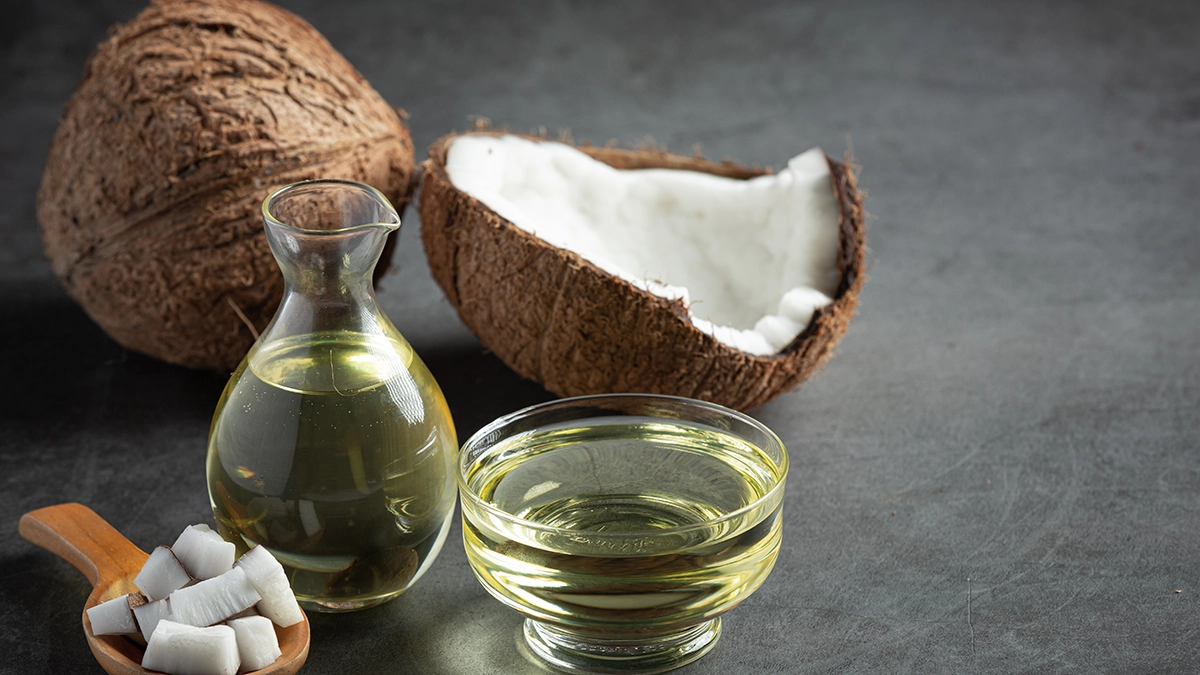
Carrier oils, derived from seeds, nuts, or kernels, play a vital role in the world of essential oils. They dilute essential oils for safe topical use, help them spread evenly, and provide nourishment to the skin. The choice of carrier oil depends on various factors, such as the intended use, skin type, texture, and aroma preferences.
Popular carrier oils include coconut oil, jojoba oil, argan oil, sweet almond oil, rosehip seed oil, grapeseed oil, olive oil, avocado oil, and vitamin E oil. Each of these oils offers unique benefits that can enhance the therapeutic effects of essential oils while ensuring safe application. For example, sweet almond oil is rich in vitamin E, making it an excellent antioxidant, while olive oil is beneficial for dry scalps and does not clog pores.
Introduction
Embarking on the journey of essential oils can be both exciting and overwhelming. One of the first lessons to learn is the importance of diluting essential oils with carrier oils. Skipping this step can lead to skin irritation, sensitivity, and other adverse reactions. Carrier oils are essential for making the potent properties of essential oils accessible and safe for everyday use.
It’s essential to avoid using substances like petroleum jelly or vegetable oils as carrier oils, as they do not absorb into the skin properly. Instead, natural carrier oils ensure the essential oils’ therapeutic properties are effectively delivered to your skin, enhancing your overall aromatherapy experience.
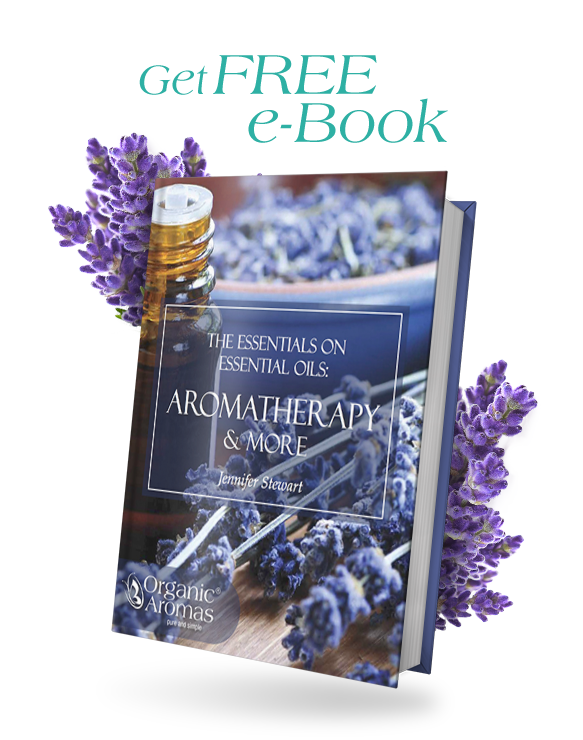
Sign Up to Get Your FREE
e-Book Here…
Understanding Carrier Oils
Carrier oils form the base for safely applying essential oils. Extracted from seeds, kernels, beans, and nuts, they dilute essential oils, ensuring even application and nourishment for the skin. Unlike essential oils, carrier oils do not evaporate, making them suitable for prolonged application.
Common carrier oils include coconut, jojoba, argan, sweet almond, rosehip, grapeseed, olive, avocado, and vitamin E oils. Each of these oils has distinct properties that cater to different skin types and needs.
For instance, rosehip oil is renowned for its anti-aging benefits due to its high vitamin A and essential fatty acid content, while fractionated coconut oil is ideal for dry skin because of its natural antifungal and antibacterial properties.
Benefits of Using Carrier Oils

Using 100% pure carrier oils in aromatherapy can significantly enhance the therapeutic effects of essential oils. These base oils maintain the chemical properties of essential oils, ensuring that their benefits are fully realized. Jojoba oil, for instance, closely resembles the natural oils produced by the skin, making it an effective moisturizer, while sweet almond oil, rich in antioxidants, protects the skin from sun damage.
Carrier oils provide essential fatty acids, antioxidants, and skin-healing vitamins that nourish the skin and improve its overall texture. Carrier oils enable a more comfortable application of essential oils, help prevent skin irritation, and boost skin health.
Top Carrier Oils for Essential Oils
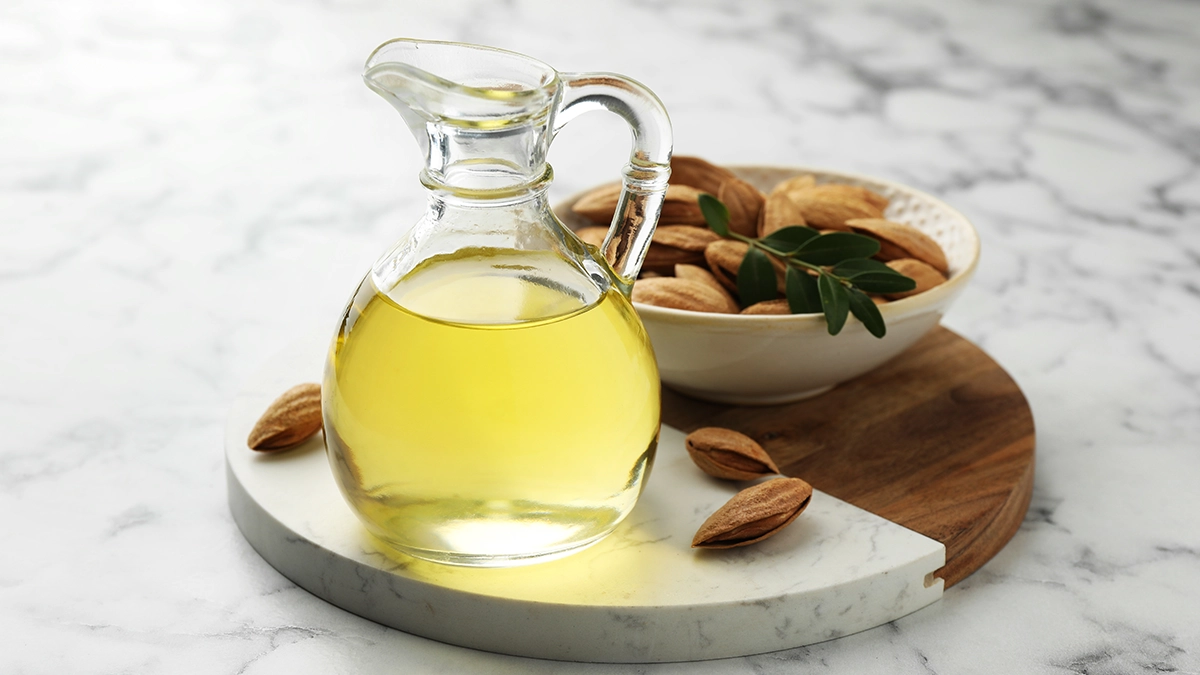
Selecting the right carrier oil significantly impacts your aromatherapy practice. Each oil brings unique benefits that enhance essential oils and address specific skin concerns. Here are some of the top picks:
Jojoba oil, known for its liquid wax composition, mimics the skin’s natural oil, making it a top choice for oily or acne-prone skin. Fractionated coconut oil, with its moisturizing properties, is ideal for dry skin. Sweet almond oil, rich in vitamin E and antioxidants, is perfect for nourishing and protecting the skin.
Rosehip seed oil is celebrated for its anti-aging properties and ability to improve the appearance of fine lines, while grapeseed oil, known for its antioxidant properties, is versatile and suitable for all skin types. Each of these oils has something unique to offer, making them among the best carrier oils for various applications.
Jojoba Oil
Jojoba oil’s unique composition as a liquid wax allows it to closely mimic the natural oils of human skin, making it ideal for oily or acne-prone skin. Jojoba oil’s non-comedogenic and hypoallergenic properties ensure that it does not clog pores or cause allergic reactions.
Moreover, jojoba oil is highly stable and resistant to oxidation, maintaining its quality for up to five years. This long shelf life makes it a reliable option for those looking to invest in a great carrier oil that will last.
Fractionated Coconut Oil
Fractionated coconut oil is favored for its excellent moisturizing properties, especially for dry skin. Its low molecular weight allows it to penetrate the skin easily, creating a smooth and even skin tone. This oil also boasts antiseptic and antimicrobial properties, enhancing its effectiveness as a carrier oil.
Rich in natural antioxidants, fractionated coconut oil also offers antifungal, antibacterial, and anti-inflammatory benefits. With a shelf life of up to two years, it is a long-lasting option that keeps your skin hydrated and healthy.
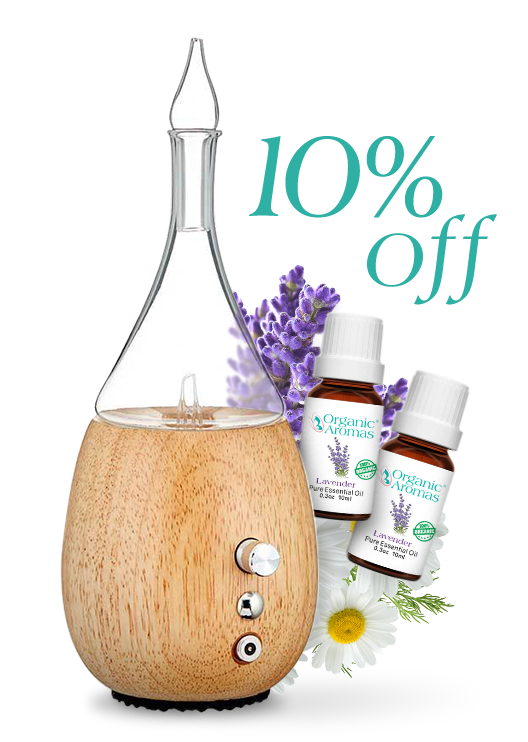
Join Now and Get a Coupon for 10% Off!
Sweet Almond Oil
Sweet almond oil is renowned for its high vitamin E content, antioxidants, and emollient properties that benefit the skin. It is particularly effective for dry skin, helping to retain moisture and making it feel soft and smooth.
Historically, sweet almond oil has been used to treat skin conditions like eczema and psoriasis. When combined with antimicrobial essential oils, sweet almond oil gently cleanses the skin by penetrating the pores, offering a non-greasy and soothing experience.
Rosehip Seed Oil
Rich in essential fatty acids, rosehip seed oil effectively improves the appearance of fine lines and wrinkles. These fatty acids are crucial for maintaining healthy skin and restoring its natural barrier.
Considered a dry oil, rosehip seed oil absorbs quickly into the skin without leaving a greasy residue, making it suitable for normal to dry skin. Its rapid absorption and ability to rejuvenate the skin make it a popular choice for those looking to enhance their skincare routine.
Grapeseed Oil
Grapeseed oil, known for its antioxidant properties, suits all skin types, making it a versatile skincare choice. Its lightweight and non-greasy texture is favored in aromatherapy and skincare routines.
Commonly used in aromatherapy, grapeseed oil’s quick absorption and versatility make it ideal for creating personalized blends with essential oils. Its ability to cater to different skin types ensures that it remains a staple in many skincare regimens.
How to Dilute Essential Oils with Carrier Oils
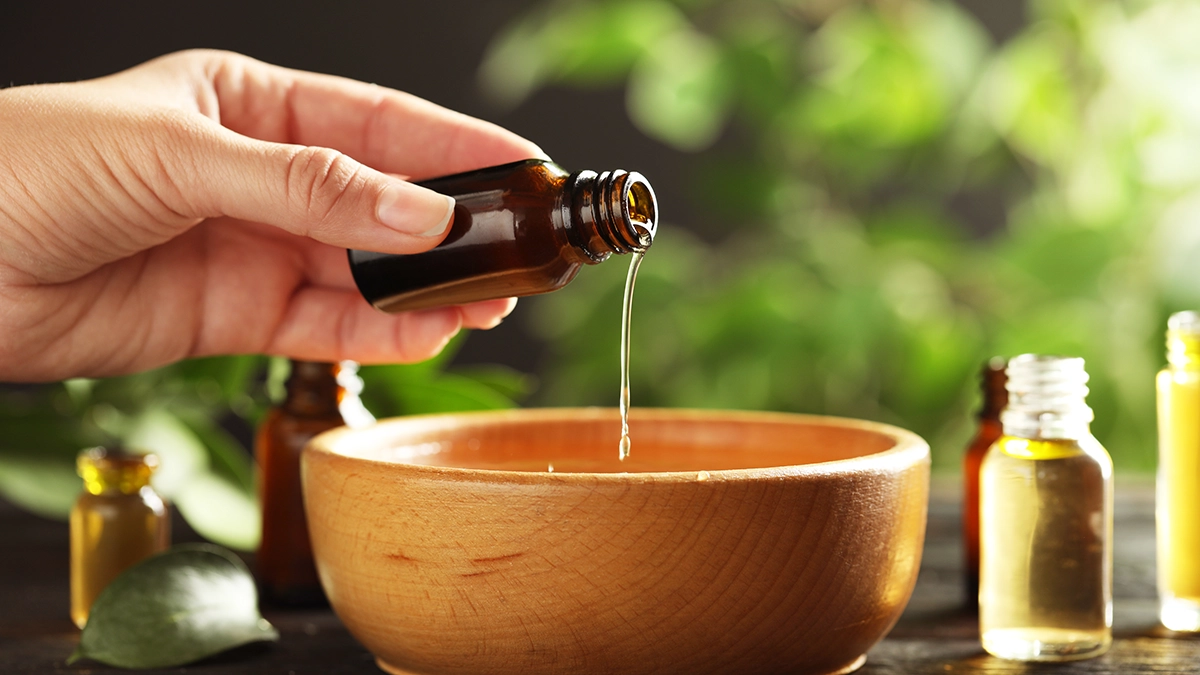
Diluting essential oils with carrier oils is crucial to prevent skin irritation and ensure safe application. For adults, a common dilution is 2-3%, which means 12-18 drops of essential oil per ounce of carrier oil.
For children aged 5-10 or those with sensitive skin, a maximum dilution of 1% is recommended, which is about 6 drops per ounce. For facial applications or sensitive areas, a dilution of 0.5-1% is advisable, translating to 3-6 drops per ounce of carrier oil.
Conducting patch tests before using new carrier oils is recommended to check for allergic reactions.
Choosing the Right Carrier Oil for Your Skin Type
Choosing the appropriate carrier oil for your skin type significantly affects the effectiveness of your essential oil blends. Different skin types require different carrier oils to address specific needs and preferences.
Individuals with dry skin benefit from deeply hydrating oils, whereas those with oily skin require lightweight, non-greasy options. Sensitive skin types should opt for gentle, soothing oils that minimize irritation.
Dry Skin
Avocado oil is highly praised for its ability to hydrate and improve skin texture, making it ideal for dry skin conditions like eczema. Its natural moisturizing attributes help soothe irritated skin and enhance skin elasticity.
Oily Skin
Grapeseed oil is lightweight and absorbs quickly, making it perfect for oily skin. Hazelnut oil is another excellent option due to its ability to balance oil production and maintain a clear complexion.
Sensitive Skin
Jojoba oil mimics the skin’s natural oils, effectively reducing irritation and making it an ideal choice for sensitive skin. Apricot kernel oil and flaxseed oil are also gentle and soothing, suitable for individuals with sensitive skin.
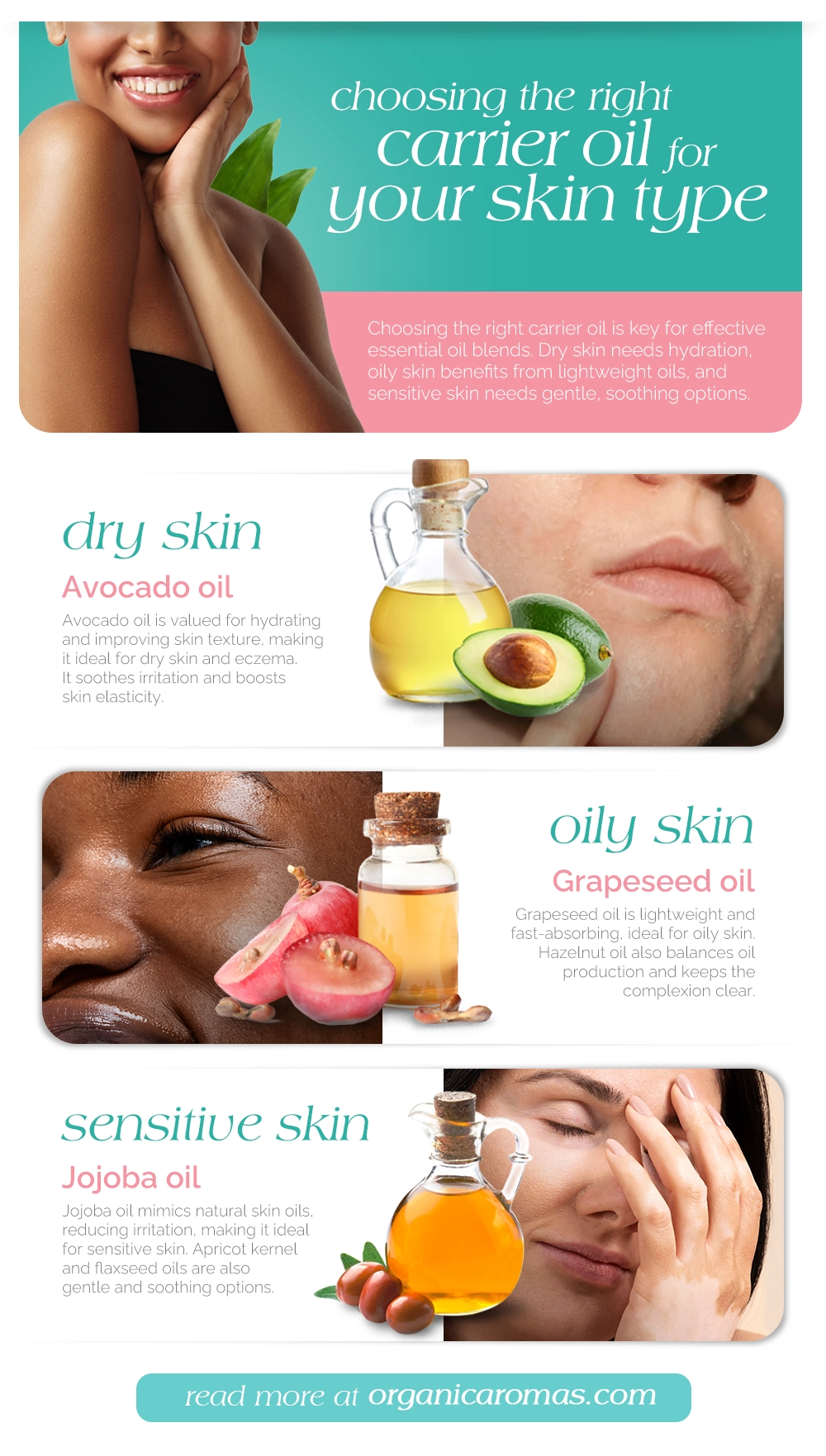
Tips for Storing and Using Carrier Oils
Storing and using carrier oils correctly is vital for maintaining their efficacy and extending their shelf life. Carrier oils should be stored in dark glass containers to prevent degradation from light exposure. Keeping them in a cool, dark place can further extend their shelf life, preventing them from going rancid.
Some carrier oils, like flaxseed and hemp seed oil, benefit from refrigeration to prolong their shelf life. Always seal carrier oil containers tightly after each use to reduce the risk of oxidation.
Regularly checking for spoilage signs, such as rancid odors or changes in color and consistency, ensures you are using fresh and effective oils.
Experimenting with Carrier Oils for Aromatherapy
Experimenting with different carrier oils allows you to find the best match for your skin type and personal preferences. You can mix essential oils with carrier oils to create personalized therapeutic blends that cater to your specific needs.
Incorporating carrier oils in massage therapy enhances hydration and nourishes the skin, enriching your aromatherapy experience.

Sign Up to Get Your FREE Pets
e-Book Here…
Don’t Forget to Use a Nebulizing Diffuser for Holistic Benefit
Incorporating a nebulizing diffuser into your daily routine can have a profound impact on your overall well-being. The pure, natural, and robust aromas can lift your mood and even bolster your immune system. Every activity becomes more enjoyable with the right scent, whether it’s waking up to an invigorating aroma or ending your day with a calming fragrance.
Organic Aromas offers a new nebulizing diffuser unit equipped with Bluetooth technology, allowing you to customize your aromatherapy experience to suit your needs.
Summary
Understanding and using carrier oils is essential for anyone interested in essential oils and aromatherapy. From jojoba to grapeseed, each carrier oil offers unique benefits that can enhance the therapeutic properties of essential oils while ensuring safe application.
Experiment with different carrier oils to find the best match for your skin type and preferences. Remember, proper storage and usage are key to maintaining the efficacy of your oils. With this knowledge, you are well-equipped to embark on a rewarding aromatherapy journey.

Join Our Exclusive Member Club to get Big Discounts!
Frequently Asked Questions
Why do I need to use a carrier oil with essential oils?
Using a carrier oil with essential oils is crucial to dilute their potency, preventing skin irritation and ensuring safe application. Always remember to prioritize your skin’s safety when using essential oils.
What is the best carrier oil for dry skin?
Avocado oil is an excellent choice for dry skin because of its superior hydrating and moisturizing properties. Using it regularly can help restore moisture and improve skin texture.
How should I store my carrier oils?
Store carrier oils in dark glass containers and keep them in a cool, dark place to maintain their quality and prolong their shelf life.
Can I use any oil as a carrier oil?
You cannot use just any oil as a carrier oil; it’s best to choose natural options like jojoba, sweet almond, or fractionated coconut oil for safe and effective dilution of essential oils. Avoid substances such as petroleum jelly or vegetable shortening.
How do I know if a carrier oil has gone bad?
To determine if a carrier oil has gone bad, look for rancid odors, changes in color, or alterations in consistency. If you notice any of these signs, it’s advisable to discard the oil and purchase a fresh supply.

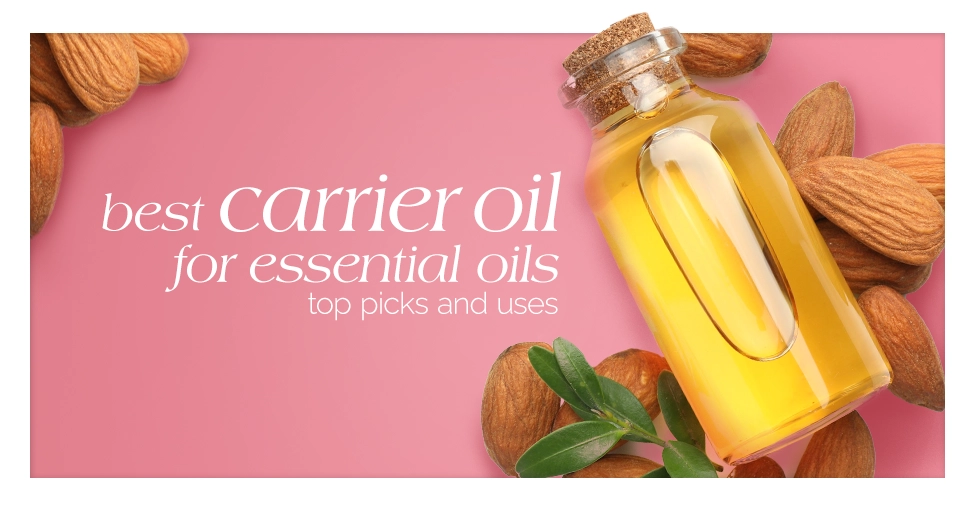






I’m never sure what carrier oil to use when I want to make an oil less thick so it won’t clog my nebulizer.